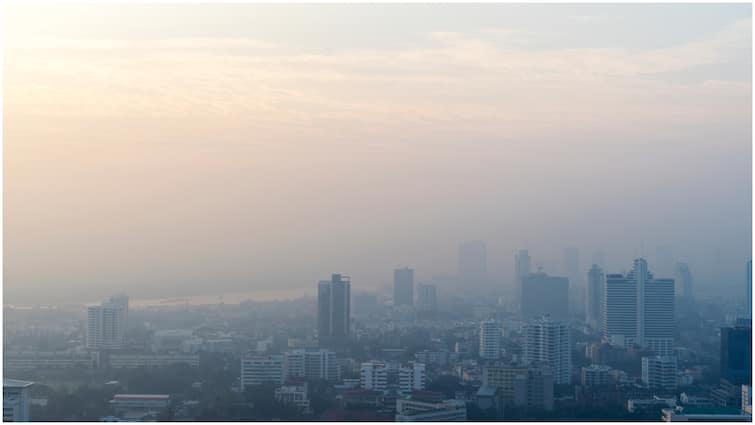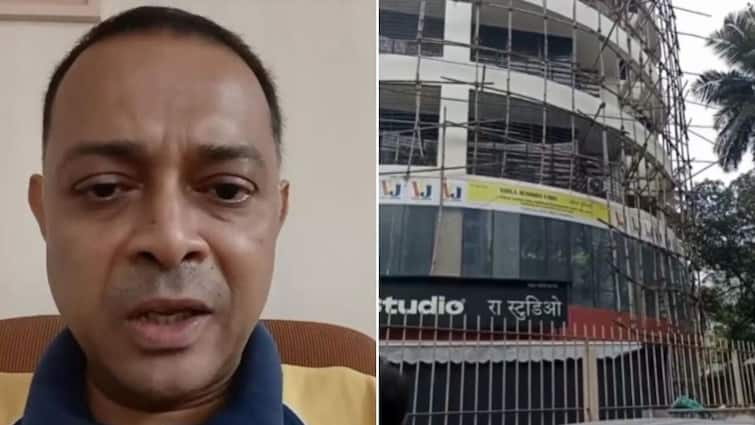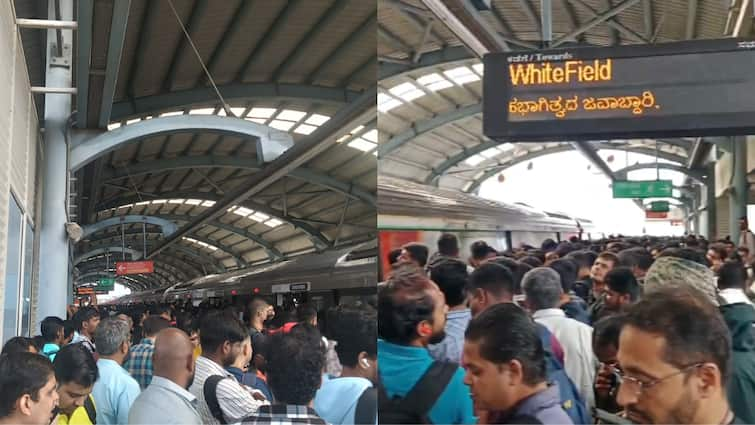A cloud-seeding experiment planned for Wednesday in Delhi has been deferred due to inadequate moisture in the atmosphere, the Indian Institute of Technology–Kanpur (IIT-Kanpur) announced in a statement. The institute said the success of cloud-seeding operations relies heavily on favourable weather conditions, particularly adequate humidity levels. Two trials were carried out on Tuesday in collaboration with the Delhi government, targeting areas such as Burari, North Karol Bagh, Mayur Vihar, and Badli. While these trials did not trigger rainfall over Delhi, light showers were reported in Noida and Greater Noida. Despite the lack of significant precipitation, IIT-Kanpur said the exercise yielded useful scientific data.
“Monitoring stations across Delhi captured real-time variations in particulate matter and moisture. The data reflected a measurable decline of 6–10 per cent in PM2. 5 and PM10 levels, suggesting that even under limited moisture conditions, cloud seeding can help improve air quality,” the institute stated. According to official figures, PM2. 5 levels at Mayur Vihar, Karol Bagh, and Burari dropped from 221, 230, and 229 to 207, 206, and 203, respectively, after the first round of seeding.
Similarly, PM10 levels fell from 207, 206, and 209 to 177, 163, and 177. IIT-Kanpur added that the insights gained from these trials would strengthen planning for future operations. “These learnings will form the foundation for more effective and targeted interventions in upcoming trials,” the statement said. The institute reiterated its commitment to advancing cloud-seeding research with scientific rigour, focusing on developing solutions to enhance air quality across the National Capital Region (NCR).








